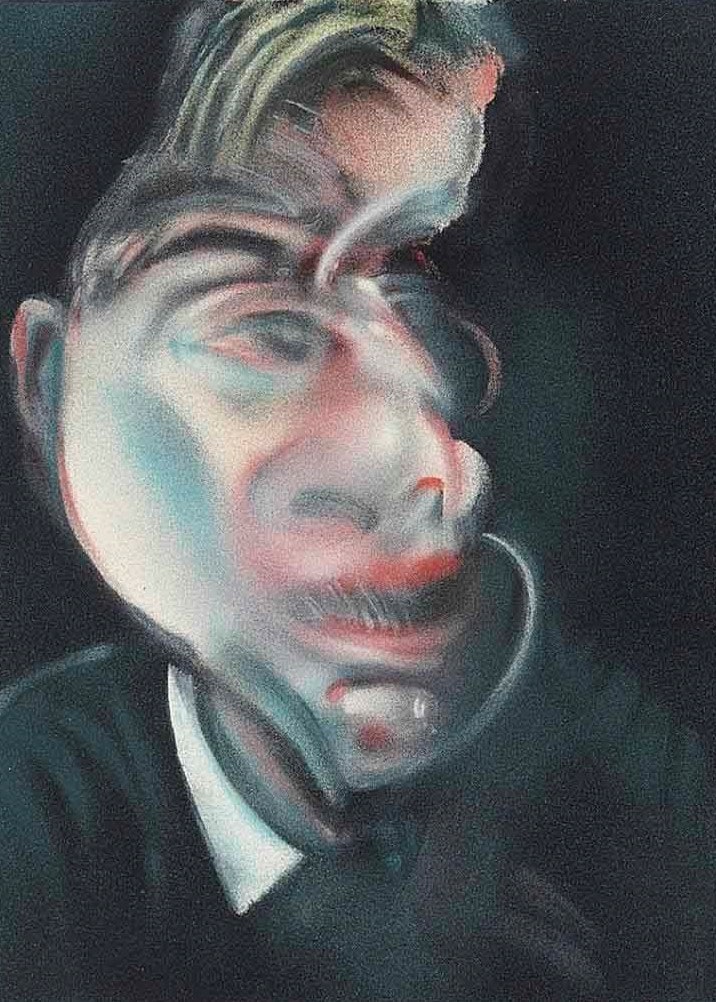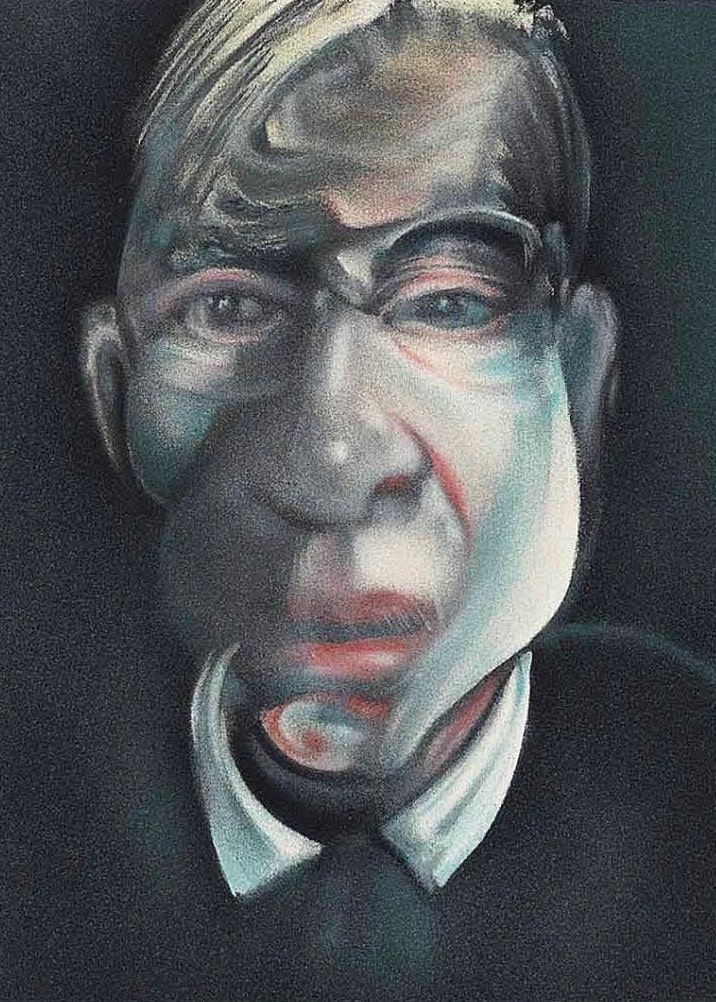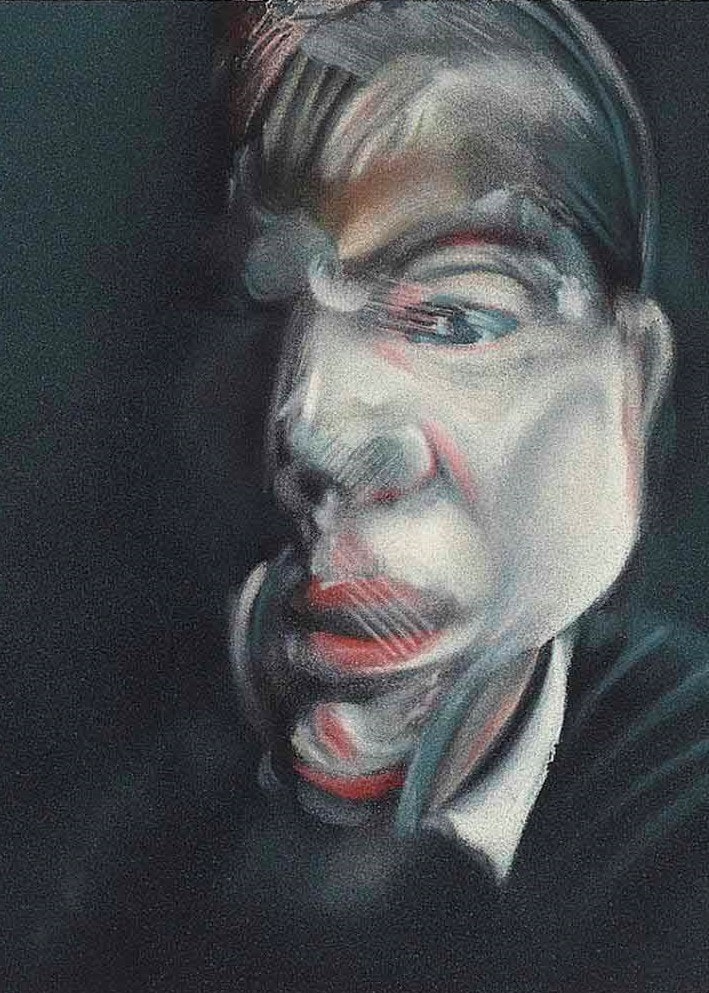Shape Divider - Style clouds
What is Depression?Depression has two meanings. In common usage, it can simply refer to a feeling of sadness. If your favorite team loses a match, you might feel a little dejected. This state of depression is widespread – everyone experiences it from time to time – and transient: the feeling typically passes after a few hours or days.
In medicine, depression refers to an illness. While seeing your favorite team lose a match might get you down, it cannot get you ill. Depression in the second meaning – as an illness – is not just a passing feeling. It is a disorder: a malady of the brain that reflects a complex set of factors, including genetics, brain chemistry and hormones as well as environmental stressors. Occasionally, the factors that give rise to depressive disorder can reverse naturally, and the associated symptoms will fade with time. Often, however, depression calls for active medical intervention. Recognizing this is often the first step to getting better. |
So Depression Can Be Treated…?Absolutely! Depression is an illness; it is not integral to personality. Under proper medical care, depression can be diagnosed and treated.
Unfortunately, not everyone understands this. A tragedy of modern medicine is that we have the tools to manage depression, but only a fraction of those affected seek treatment. Depression is systematically under-diagnosed and under-treated. Common treatment methods include therapy and lifestyle changes alongside anti-depressant medications. Thanks to scientific advances, there is now a broad set of such medications. Importantly, treatment can be tailored to the patient’s circumstances and preferences. At Apraku Psychiatry, treatment options are always thoroughly discussed and agreed between patient and doctor. |
Tell Me: Do I Have Depression?We can’t say – yet. Illnesses must be properly diagnosed. In the case of depression, this is best done by a psychiatrist, namely a medical doctor specialized in mental illness. To diagnose depression, a psychiatrist will perform a thorough evaluation, including a series of questions about the patient’s life experiences. Measured against objective diagnostic criteria, the patient’s answers will help the psychiatrist form a judgement as to whether a diagnosis of depression is warranted.
While patients cannot objectively self-diagnose depression, it can be helpful to assess whether their subjective experience is consistent with common symptoms. These can include: - Sustained feelings of sadness, emptiness or worthlessness - Apathy, including a lack of interest in pleasurable activities - Low energy or poor concentration - Irritability or agitation - Extreme pessimism about the future - Changes in sleep or eating habits - Thoughts of self-harm or death, including suicide These symptoms can be highly disruptive – even devastating – to one’s life and the lives of family and friends. That is why it is so important for people to be aware of these symptoms and seek professional psychiatric help when they arise. |
Credit: Francis Bacon
|




